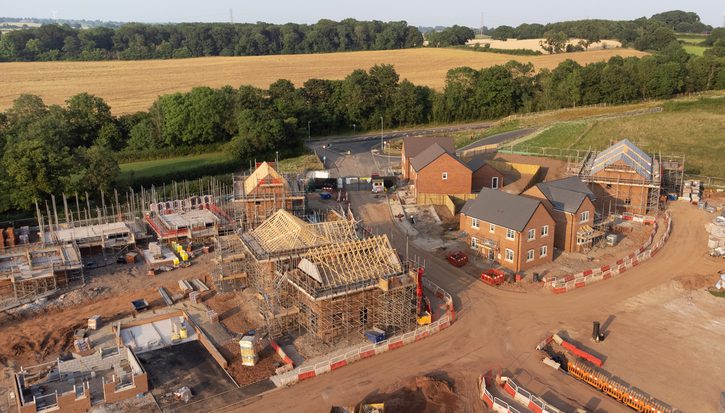How Snowden, surveillance and Scotland are nudging the UK towards deep constitutional reform
Article
The two events are not unrelated, of course. Although fundamental rights are written into UK law through the Human Rights Act, the executive power is not constrained by a fundamental basic law of the kind embodied in written constitutions around the world. If the main political parties agree on the content of legislation – as they have this morning – there is not much ordinary citizens can do but watch and then perhaps support a campaign group to apply for judicial review in the courts.
If Alan Travis is right, the new legislation may actually open up political space for bringing greater democratic control over the surveillance powers of the state:
'The three-party deal, struck by the Tories, Labour and particularly the Liberal Democrats, has also secured some longer-term gains that could prove crucial in unblocking the standoff between the security state and civil liberty and privacy campaigners since the Snowden disclosures revealed the industrial scale on which the intelligence services have been harvesting personal data from the web.
'Those measures that could prove crucial in the longer term include:
- 'The "tip to toe" review of the foundation stone of the surveillance state – the 2000 Regulation of Investigatory Powers Act (Ripa) – to be completed by 2016, could prove particularly potent in ensuring that such state snooping in the name of counter-terrorism and serious crime is brought strictly under control.
- 'The US-style privacy and civil liberties board to ensure that civil liberties are a foundation stone of counter-terrorism legislation rather than an afterthought bolstered by annual transparency reports by the state agencies could prove the "alarm system" that the current oversight regime has failed to provide. It will effectively be a major expansion of the current one-man role of David Anderson, the counter-terror watchdog.
- 'The appointment of a senior diplomat to lead discussions with the US government and the internet companies to establish a new international agreement for sharing data across boundaries is also significant. It marks the first public official recognition that GCHQ and the NSA's secret mass harvesting of personal data from Google, Facebook and Twitter in their Prism and Tempora programmes need a new legal basis beyond obscure clauses in Ripa.'
These are important considerations, but the deep public apathy towards the Snowden revelations suggests that, for now, the political pressure to protect privacy and civil liberties will remain limited. A more powerful driver for a new constitutional settlement is likely to be the centrifugal forces unleashed by devolution. In the last fortnight, a flurry of reports have appeared arguing for major powers of taxation and spending to be devolved to England's cities and counties. The centralised English state – hitherto the still centre of the turning world of the UK – is now under pressure, as demands grow for a dispersal of power out of London. If Scotland votes to stay in the UK, it is almost certain to gain new powers over taxation and spending, leading some to argue that a new federal settlement, nested within a written constitution, will be needed.
It is conceivable that a range of political and civil society campaigns could coalesce on the need for a written constitution – English civil leaders demanding powers for local government, advocates of press freedom, privacy campaigners and civil libertarians, new federalists, and political reformers. If so, it would give energy and momentum to a cause that has to this point remained the preserve of constitutional theorists. It looks like a long shot. But then few people would have anticipated a referendum on Scotland's membership of the UK even a decade ago, still fewer that we would be seriously debating Britain's continued membership of the EU.
James Cornford, IPPR's first director, convened the drafting of a written constitution, with Professor Robert Blackburn and others who are currently working with the Political and Constitutional Reform Committee, back in the early 1990s. In the interests of public education and debate, it is available in digital format here. It remains a remarkable document whose time may yet come.
Related items

A helping hand for the helpers - a plan to recognise Scotland's unpaid carers
A Minimum Income Guarantee pilot would empower carers to take control of their own lives and regain some independence from a state that has become overly reliant on their unpaid labour and goodwill to function.
Strategic planning for green prosperity
Land is a finite resource, and the demands made of it have only increased over time.
The new politics of AI: Why fast technological change requires bold policy targets
The upcoming AI Action Summit in Paris is an opportunity to show how we can harness artificial intelligence (AI) as a force for societal, economic, and environmental good.